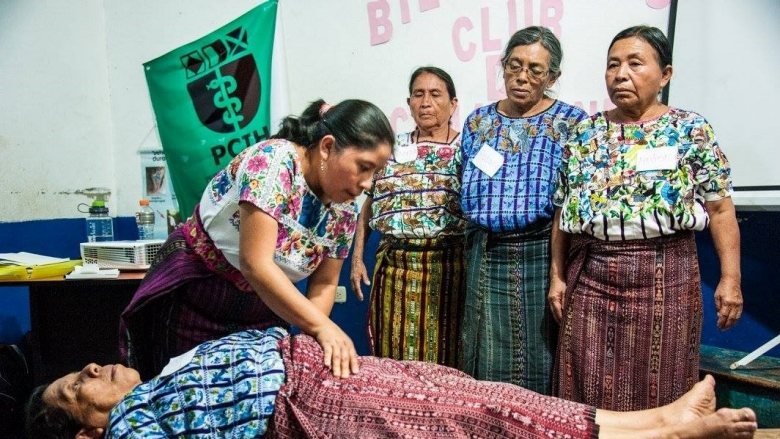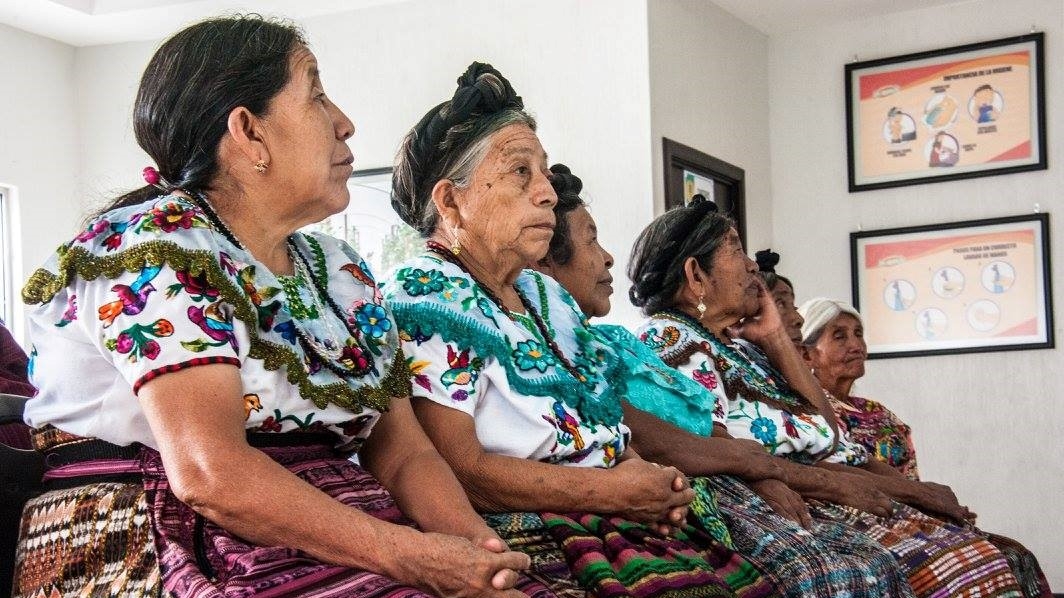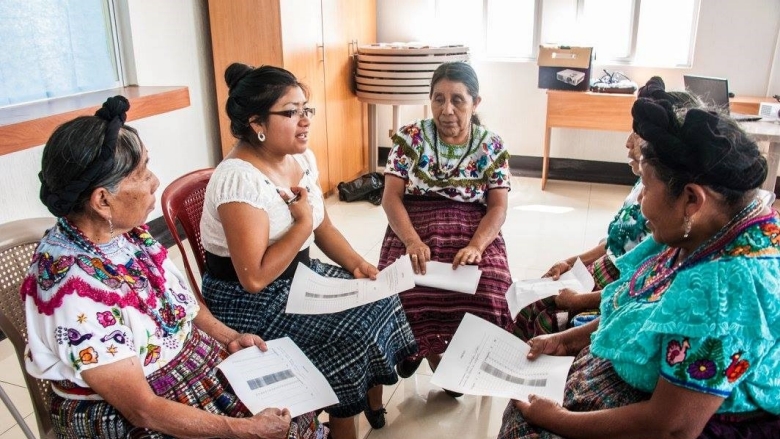Challenge
Guatemala has the highest rate of maternal mortality in Latin America, with 115 per 100,000 live births, compared to the regional average of 87. Such alarming figures can be attributed to the extremely low levels of formal prenatal and delivery care, especially in rural areas. Almost three- quarters of maternal deaths are among women of indigenous ancestry, and for more than half of all expectant mothers in these rural areas births are more likely to be attended by a comadrona than by a trained health professional. This is largely because many indigenous families lack the capital to afford healthcare from the formal sector and because, due to discrimination, culture, language barriers, and geographic isolation, they tend to prefer traditional healthcare services, such as comadronas. This traditional model lacks formal regulation, however, leading to significant variation in the quality of healthcare services provided. Only one in four rural births occurs in a hospital or clinic, compared to well over two-thirds of births in urban areas. In the Department of Sololá, 1,001 certified comadronas attend 63 percent of the births, typically outside of a formal hospital setting. Many of these comadronas lack the training and critical skills needed to recognize or properly attend to high-risk pregnancies.
Approach
The Improving Maternal and Neo-Natal Health in the Department of Sololá, Guatemala project was designed to address the high rates of maternal and infant mortality in Sololá, specifically in the towns of San Pedro, San Marcos, San Pablo, Santiago, Tzununa, Jabalito, and Santa Cruz, by improving the delivery skills of the 116 registered comadronas operating in these towns and by strengthening their ability to identify and appropriately respond to high-risk pregnancies. The intervention consisted of three components:
- The development of a revised, visual curriculum guide to directly address identified areas of concern with the comadronas, such as a general inability to recognize warning signs during the birthing process and a reluctance to refer patients to the National Hospital when confronted with high-risk pregnancies.
- Training workshops conducted over a two-week period with two one-day sessions in a local healthcare post for each of the locations.
- The provision of safe birthing kits for each comadrona, containing items such as latex gloves, gauze pads, and other tools necessary to provide a sanitary birthing process.


